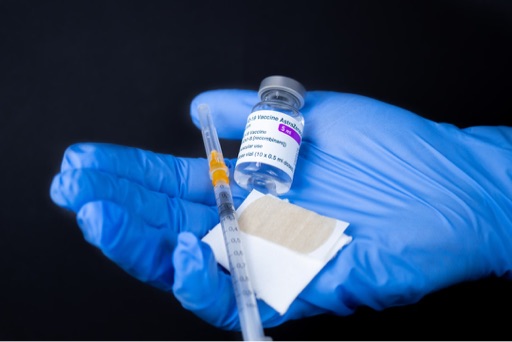Retatrutide — an experimental drug nicknamed “triple G” — could be your best shot at a slimmer waistline when it becomes available to the public, according to a recent study.
Obese adults who took the weekly injection lost up to 22% of their starting weight after 11 months, compared to just 14% over 15 months for semaglutide, the active ingredient in Ozempic and Wegovy.
Researchers from McGill University in Canada reviewed the results of 26 trials, comprising nearly 15,500 participants, to determine the weight loss effectiveness of various injections for obese adults without diabetes.
The analysis showed that retatrutide was the most effective, with participants shedding up to 22.1% of their weight after 48 weeks against a placebo. This drug functions by mimicking the hormone GLP-1, which the body naturally produces after eating, helping users feel fuller for longer.
Continuing with their analysis, the researchers found that the other notable medications included:
- Tirzepatide, producing weight loss of up to 17.8% after 72 weeks.
- Semaglutide, causing weight loss of up to 13.9% after 68 weeks.
- Liraglutide, resulting in a weight loss of up to 5.8% after 26 weeks.
Retatrutide stands out as it mimics GLP-1, along with GIP and glucagon, which aids in controlling blood sugar levels. While further Phase 3 trials are scheduled until January 2026, making the injection likely unavailable for FDA approval for a few years, the early results are promising.
The analysis also assessed the effectiveness of semaglutide in its pill form, which yielded similar results to its injection counter. Among the FDA unapproved drugs, other promising candidates included Lilly’s daily pill orforglipron and Boehringer Ingelheim’s weekly jab survodutide. Most weight loss was observed early in treatments; however, significant weight loss plateaued afterward.
Blood pressure improvements were another noted benefit. Gastrointestinal issues like nausea and diarrhea were reported as common side effects, while the review revealed concerns relating to 22 deaths across trials—though most were attributed to the placebo.
The researchers emphasized the need for further studies on GLP-1 drugs, especially concerning potentiating effects through combination therapies and the lack of head-to-head trials of the various options available.

Source: New York Post





